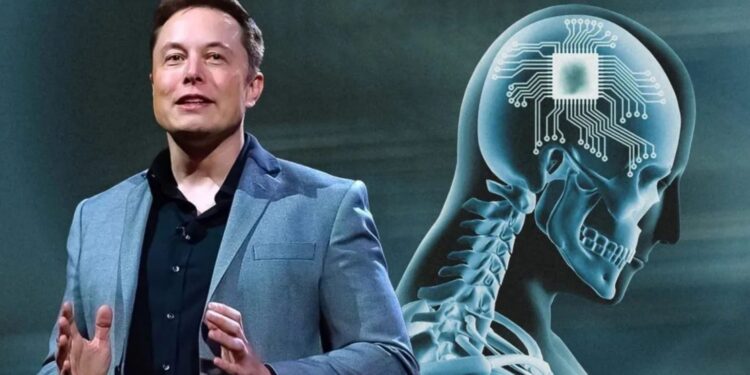Elon Musk’s brain-chip startup, Neuralink, has achieved a significant milestone with the U.S. Food and Drug Administration (FDA) granting its experimental implant, Blindsight, the “breakthrough device” designation. This groundbreaking device is designed to restore vision in people suffering from complete or partial blindness, including individuals with non-functional optic nerves.
Neuralink announced the breakthrough on its X (formerly Twitter) page, inviting people to join their effort to restore vision by registering for their Patient Registry. Musk also took to X to highlight the revolutionary potential of Blindsight, emphasizing that the device could restore vision even in the most severe cases of blindness.
“The Blindsight device will allow those who have lost both eyes and their optic nerve to see. For those with intact visual cortices, even those blind from birth could potentially see for the first time,” Musk stated. He tempered expectations, noting that early-stage vision might resemble low-resolution graphics, similar to “Atari visuals,” but the technology has the potential to surpass natural vision and even allow sight in infrared, ultraviolet, and radar wavelengths.
The FDA awards its breakthrough designation to medical devices addressing life-threatening or debilitating conditions, expediting their development. Blindsight’s approval marks a major step forward for Neuralink, which aims to revolutionize treatments for neurological disorders through brain-computer interface technology.
Founded by Musk in 2016, Neuralink’s technology involves brain implants that interpret neural signals and transmit them wirelessly to external devices, such as computers. In addition to vision restoration, the company is working on an implant designed to help paralyzed individuals control digital devices with their thoughts. Neuralink is currently conducting clinical trials with participants who are using the brain-chip technology to control video games and create 3D designs using only their minds.
The development of Blindsight represents a potentially life-changing advancement for millions living with blindness, moving the world closer to a future where brain implants could transform medical treatments for neurological conditions.
























